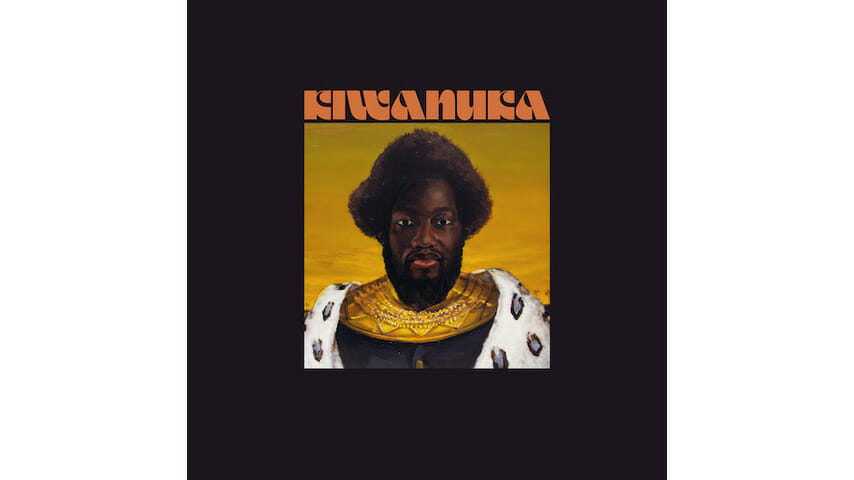Michael Kiwanuka Verges on Profound with Third Album
KIWANUKA is a testament to perseverance and creative drive

For all the music pumped out into the world every year, the amount of it that is truly profound—that seems to communicate on some deeper, almost intuitive level—is incredibly small. Michael Kiwanuka’s latest album comes close.
KIWANUKA is a breathtaking retro-futuristic hybrid of funk, soul, rock and folk that somehow exists in all of the past 50 years at once. It’s a tumultuous record, at once confessional and restive, and shot through with a quiet anguish. KIWANUKA is steeped in heartache, but its namesake isn’t mourning for himself—at least, not solely. Prompted in part by parsing his own relationship with his Ugandan-English heritage and the ways that non-white people are treated in predominantly white cultures, the singer is wrestling with disillusion verging on despair over the state of the world around him, where compassion and understanding are practically bygone virtues and cynical self-interest rules the day. Maybe you’ve noticed.
Kiwanuka’s resigned, world-weary tone suggests that he feels the impact of that jaundiced world acutely, as if he is bearing an impossible burden that he can’t seem to drop. “To die a hero / Is all that we know now,” he sings on “Hero,” and the dismay in his voice is obvious. Yet despite its bleak underpinnings, KIWANUKA is never a slog. Co-written with Danger Mouse and Inflo, who also shared production duties, the album is loaded with rich musical arrangements that emphasize guitars and piano, and often include layers of strings that lend an atmospheric touch. The orchestrations are particularly enveloping on “Piano Joint (This Kind of Love),” where strings seep up slowly around darksome piano as Kiwanuka sings in doleful tones about trying to keep feelings of sadness and fury at bay. Even with the string section, the song is spare and a little desolate, as if even the mercy Kiwanuka seeks to embrace won’t be enough to save him.
-

-

-

-

-

-

-

-

-

-

-

-

-

-

-

-

-

-

-

-

-

-

-

-

-

-

-

-

-

-

-

-

-

-

-

-

-

-

-

-








































